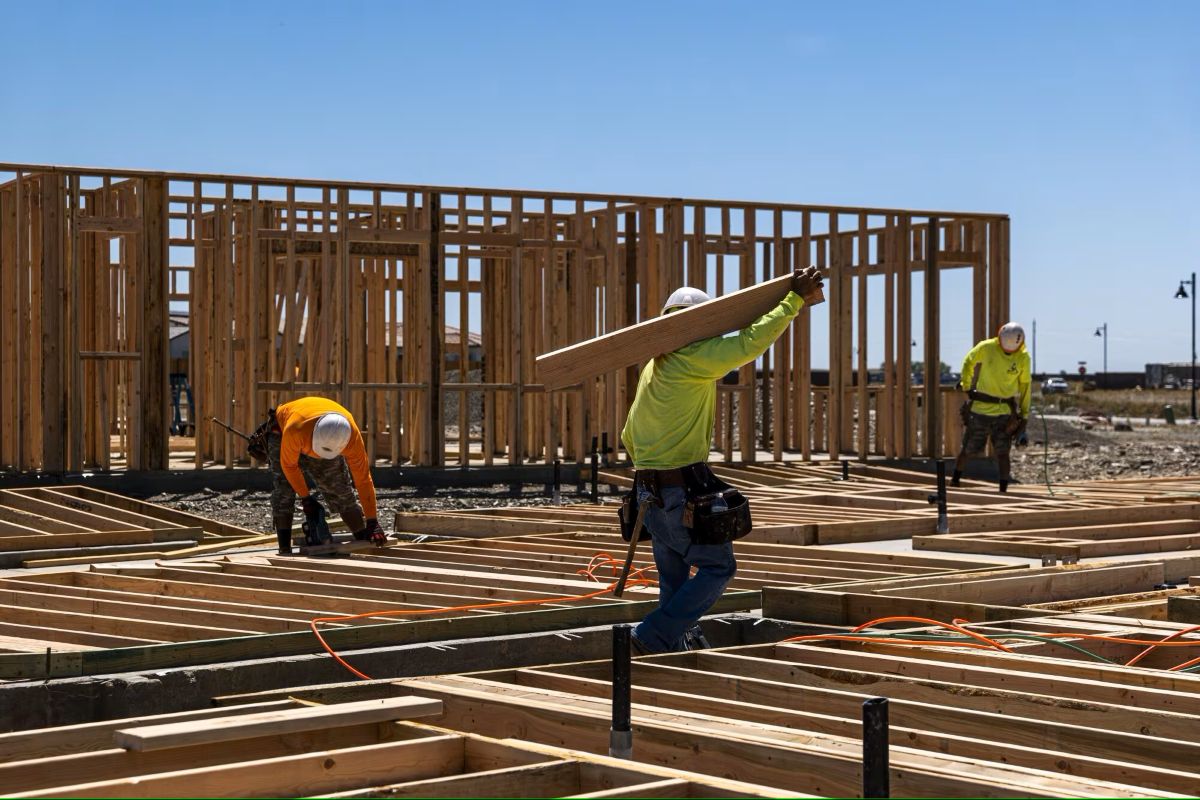Tariff Wars
How Trade Wars and Tariffs Can Hurt Real Estate – But Lower Interest Rates Can Help
by John Merrill
March 13, 2025

The Canadian real estate market is deeply intertwined with the broader economy, meaning external factors like trade wars and tariffs can significantly impact property values, construction costs, and buyer sentiment. While a trade war often leads to increased material costs and economic uncertainty, the potential silver lining is that the Bank of Canada may continue lowering interest rates to counteract these effects creating an opportunity for homebuyers.
The Negative Impact of Trade Wars and Tariffs on Real Estate
- Rising Construction Costs
Trade wars typically result in tariffs on imported goods, including key construction materials such as lumber, steel, aluminum, and electronics. These increased costs are passed down to developers and, ultimately, to buyers. More expensive materials mean higher home prices and potentially fewer new housing developments, exacerbating supply shortages.
- Economic Uncertainty and Reduced Investment
When countries impose tariffs on each other, global supply chains are disrupted, and businesses face uncertainty regarding costs and profitability. This can lead to slowed economic growth, reduced job stability, and hesitation among investors to pour money into real estate projects if they view the economy as unstable.
- Inflation and Increased Costs of Living
Tariffs can contribute to inflation as companies pass on higher costs to consumers. Higher prices on everyday goods can make it more difficult for individuals to save for a down payment or afford mortgage payments, ultimately decreasing homebuyer demand.

How Lower Interest Rates Can Offset These Challenges
In response to economic uncertainty caused by a trade war, central banks – like the Bank of Canada – often lower interest rates to stimulate the economy. This has several key benefits for homebuyers and the real estate market as a whole:
- More Affordable Mortgage Rates
Lower interest rates mean reduced borrowing costs, making homeownership more accessible. Buyers who were previously on the fence may be incentivized to enter the market, increasing demand for housing.
- Increased Buying Power
With lower interest rates, buyers can afford more expensive homes with the same monthly payment. This allows individuals to purchase in more desirable neighborhoods or upgrade to larger properties without significantly increasing their financial burden.
- Stimulated Housing Market Activity
Lower interest rates not only benefit buyers but also encourage sellers to list their homes, as they anticipate stronger demand. Additionally, real estate investors may find more opportunities to purchase rental properties or buy, renovate, and resell homes due to reduced financing costs.
The Takeaway: A Balancing Act
While trade wars and tariffs can introduce challenges for the real estate market by driving up costs and creating economic uncertainty, lower interest rates can serve as a crucial counterbalance. For prospective homebuyers, this means staying informed about economic trends and leveraging low mortgage rates to secure favorable home prices before inflationary pressures push costs even higher.
Get in touch
As your trusted resource for all things real estate, I’d be more than happy to provide you with additional insight on how to best prepare for buying or selling real estate. If you have any questions about the market, please reach out anytime. Want a better real estate experience?
Let’s chat.

